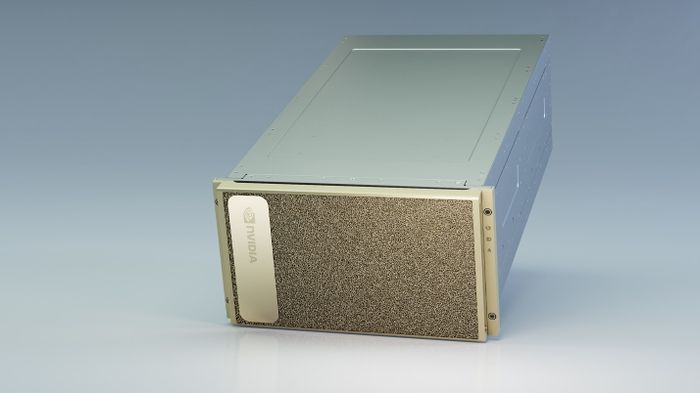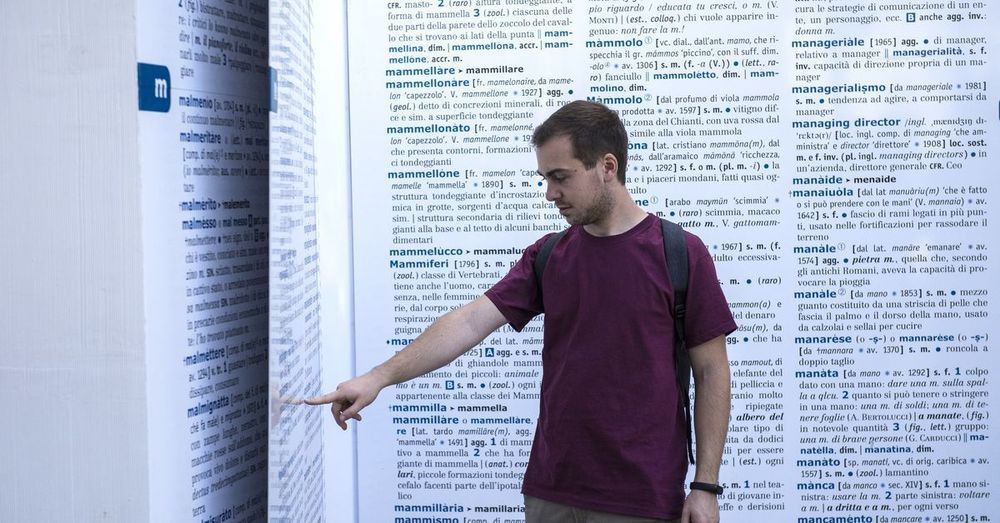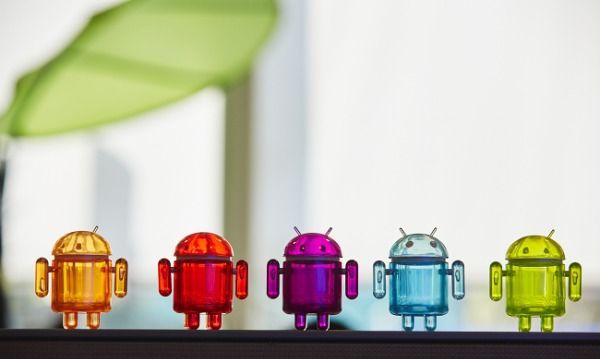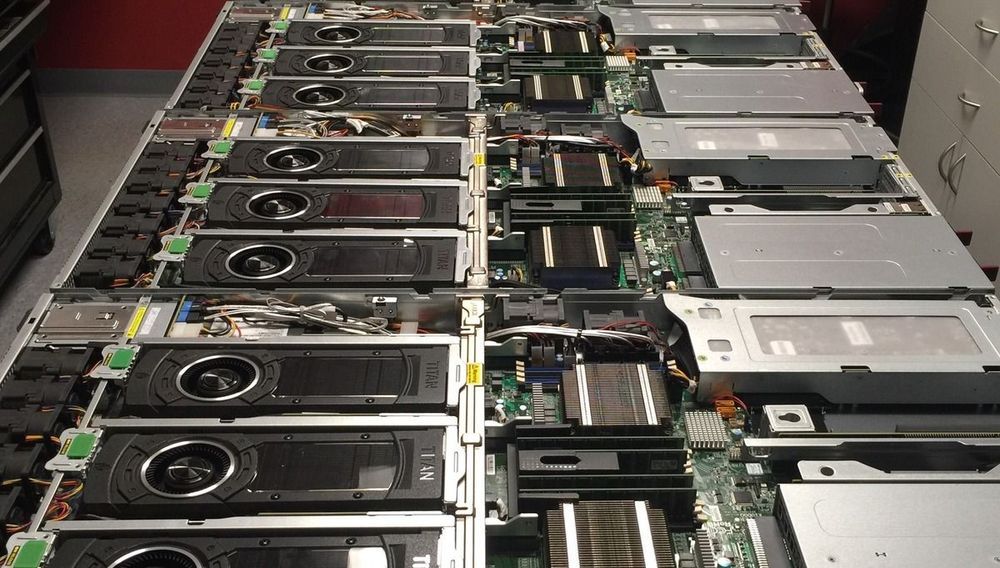People, bicycles, cars or road, sky, grass: Which pixels of an image represent distinct foreground persons or objects in front of a self-driving car, and which pixels represent background classes?
This task, known as panoptic segmentation, is a fundamental problem that has applications in numerous fields such as self-driving cars, robotics, augmented reality and even in biomedical image analysis.
At the Department of Computer Science at the University of Freiburg Dr. Abhinav Valada, Assistant Professor for Robot Learning and member of BrainLinks-BrainTools focuses on this research question. Valada and his team have developed the state-of-the-art “EfficientPS” artificial intelligence (AI) model that enables coherent recognition of visual scenes more quickly and effectively.






